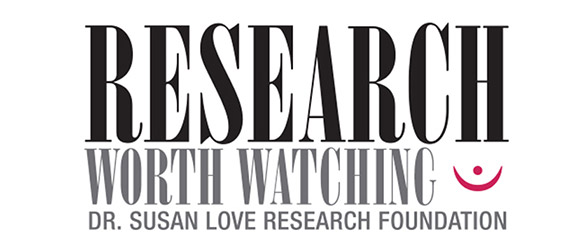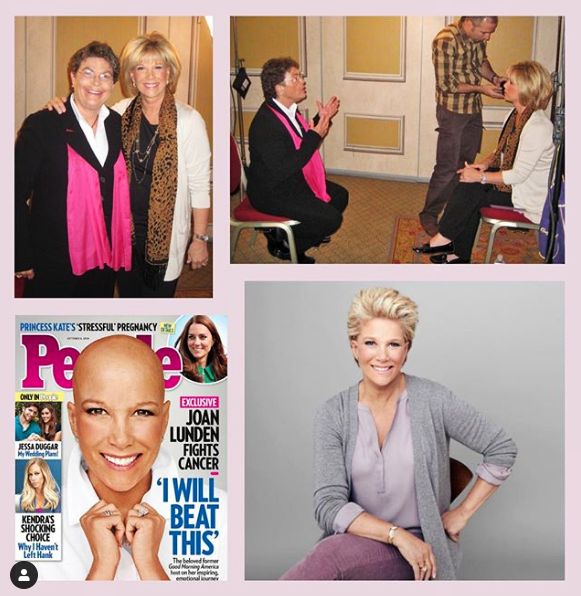
Joan Lunden’s post on Instagram —#10yearchallenge —reminded me how important it is to educate women about breast density and how it may affect breast health.
Basically, the breast is formed of milk ducts (usually collapsed if you are not breast feeding) that are suspended in fat and fibrous tissue. This fat and fibrous tissue is often referred to together as “the stroma.” It is the tissue that helps the human breast protrude or stick out from the chest wall, making it more accessible to and convenient for a baby looking to feed. Fibrous tissue is dense; fatty tissue looks pretty much as you would expect—yellow, rather translucent, and droopy.
Identifying a cancer in dense breast tissue is like looking for a polar bear in the snow
The fat to fibrous ratio of a woman’s breast can be seen on a mammogram. The fibrous tissue is dense and harder to see through; the fatty tissue is gray and more translucent. In a mammogram of a woman with very dense breasts, the breast tissue will look solid white. Cancers also appear white on a mammogram. So, identifying a cancer in dense breast tissue is like looking for a polar bear in the snow. In fatty tissue, a cancer will show up very well, not unlike putting the polar bear in a green field. Not surprisingly then, mammograms do a better job at finding cancers in women whose breasts are more fatty than dense.
But that’s not the whole story. Studies have shown that dense breast tissue may not only hide cancers but stimulate them as well. The dense tissue seems to provide an encouraging neighborhood for a precancerous cell to appear and grow. This means women with dense breasts are both more likely to develop breast cancer and less likely to have these cancers picked up on regular mammography screening. Thanks to the work of many advocates, you must be informed if your breasts are dense on a mammogram. But if you learn you have dense breasts, what should you do?
Women with dense breasts are more likely to develop breast cancer
That’s the question that Joan Lunden asked me during that interview 10 years ago. I told her to have an ultrasound. On those images, the radiologists saw the tumor that led to her diagnosis and treatment for breast cancer. Another option for women with dense breasts is an MRI, particularly if you have a strong family history of breast cancer or carry the BRCA genetic mutation.
For more information about breast density, check out https://DenseBreast-info.org

